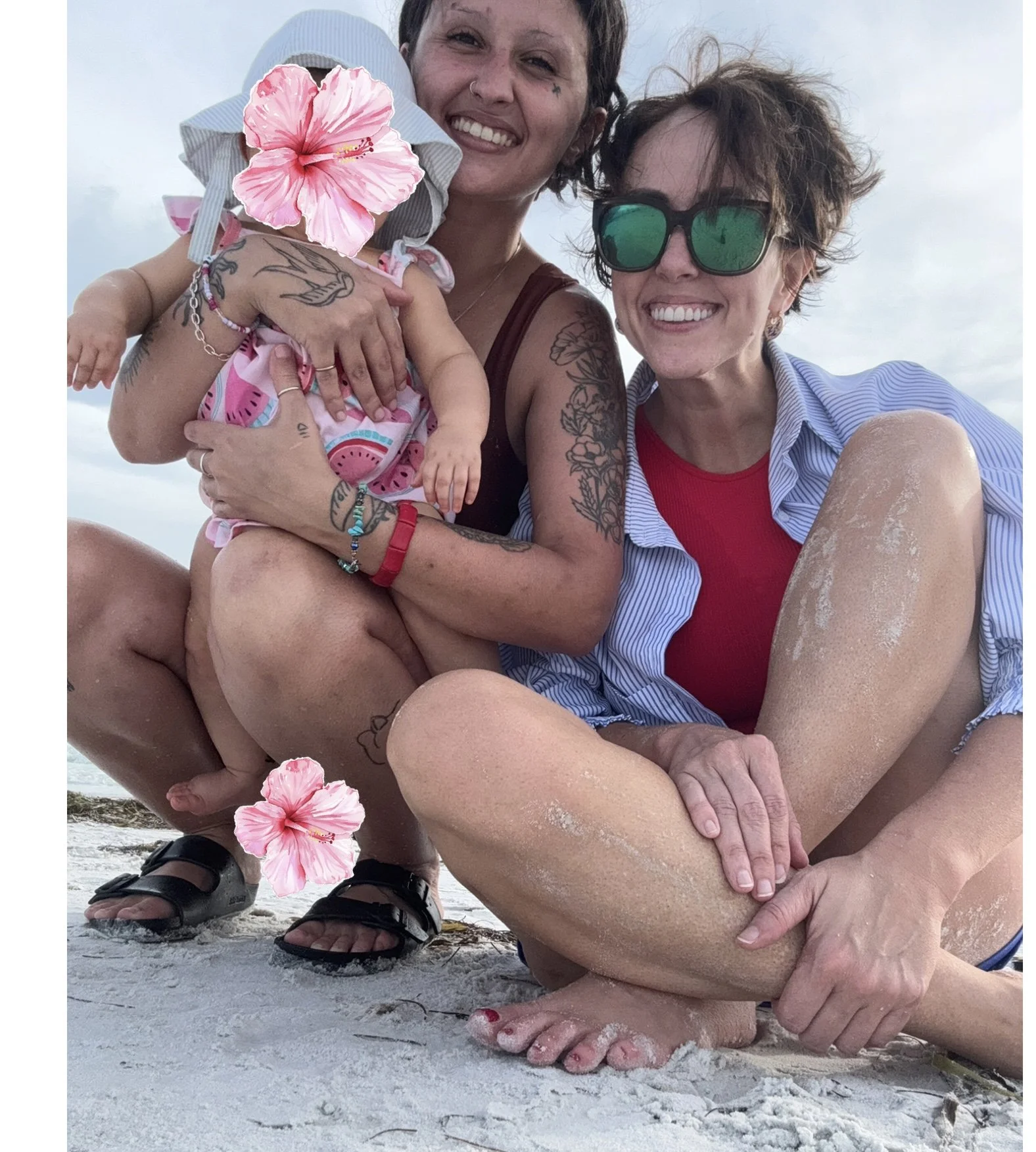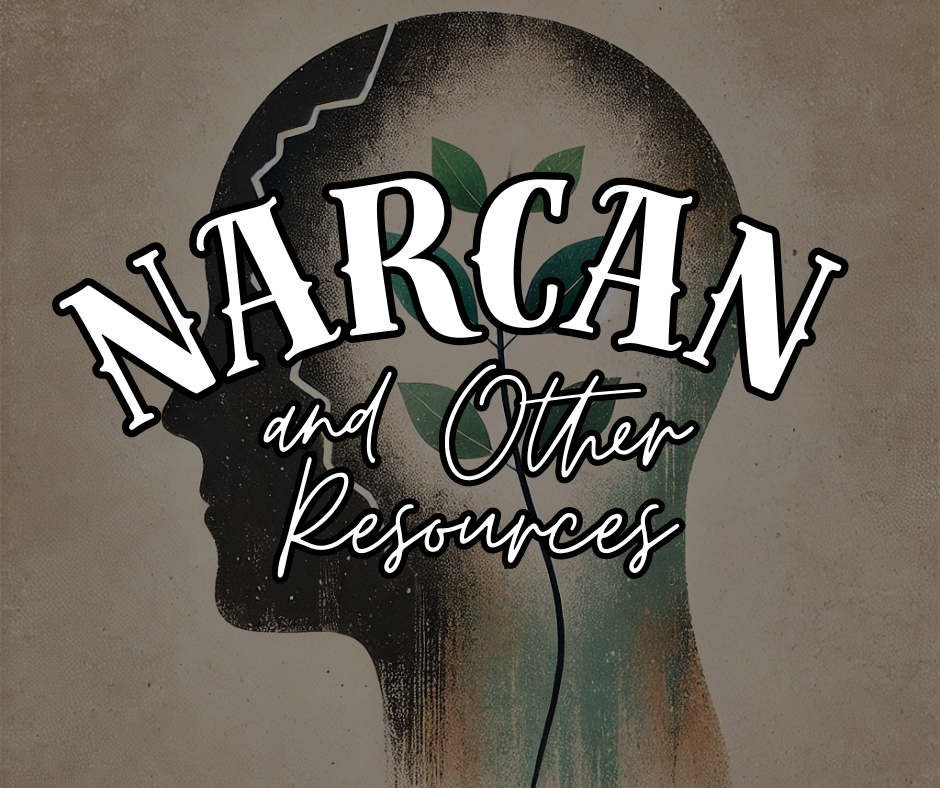FOR the ones who never gave up
Support and Truth For Families Loving Someone Through Addiction
“Boundaries and love can coexist”
Are You Struggling to Support A Loved One In Active Use?
This is not a guide for doing it “right.”
This is a toolkit for doing what you can live with.
If you love someone struggling with addiction then “setting boundaries” shouldn’t be a term new to you. What does it mean when it involves your child, partner or best friend? Maybe you have been told “cut them off, kick them out, don’t pay for a phone, don’t give them money. They have to hit rock bottom.”
This section will help you set healthy boundaries with an addicted loved one that comes from clarity, not cruelty. Lead with love, and do what you can live with. I learned to use a regret-based approach, meaning:
If something goes wrong, can you live with your decision?
When creating a boundary the objective isn’t to hurt them, the objective is to protect you and anyone else (other kids, or family) in the home. To protect your peace during a time when peace seems impossible. Boundaries are not about control. They’re about self protection, emotional survival, and supporting someone in addiction without losing yourself.
how to Set boundaries.
With an Addicted love one
-
What am I willing to do and what am I not.?
Am I acting out anger, guilt, or clarity?
Will I regret this if the worst happens?
This ensures your boundary is rooted in self-awareness, not fear or shame.
-
I won’t give you money, but I will buy you a meal or have a meal delivered to you.
As long as you are using you cannot live in this home. Ex: “I have to protect the other children, and I would never want to risk one of us finding you dead from an OD. “
If you yell or threaten me I will leave the conversation. EX: Hang up and block them for 1-24 hours until they realize you are serious about mutual respect.
-
Enabling is a harmful word and used against families often. The goal is maintaining boundaries but showing your love in other ways.
Give yourself permission to do what is within your boundaries without the opinion of others.
Pay for their cell phone if it helps you sleep at night
Buy them food, a tent, socks, underwear, baby wipes or any other basic necessities
Help them seek medical care if needed
Allow them to take a shower at home occasionally, or purchase a hotel room for one night.
My boundaries in the beginning were harsh, because everyone kept telling me “tough love is the only way.”
So I did what I thought I was supposed to do.
I kicked her out.
I took her phone.
I pulled back every time she relapsed.
And I was dying inside.
It felt like I was going against everything motherhood is supposed to stand for.
The worst part? I did it all in the name of love. Because I thought that’s what would save her. Because I would have done anything to fix it.
Over time, I learned something that no book or counselor had told me:
Boundaries can evolve. They don’t have to be cold to be clear.
And they don’t have to break your heart to mean something.
In the beginning, yes I needed firmer boundaries. She needed to know she couldn’t walk all over me, scream in my face, or treat me like a punching bag.
But it took me just as long to realize that went both ways.
Addiction tears families apart. And when things get heated, we don’t always show up as our best selves either. I’ve said things I regret. I’ve thrown pain back in her face.
But here’s what I’ve learned: Mutual respect isn’t impossible even in the chaos.
It doesn’t mean trust.
It doesn’t mean letting things slide.
It means: “I won’t allow you to hurt me, and I won’t hurt you back just because I’m drowning too.”
And something incredible happened once I stopped threatening and started protecting myself with real, steady boundaries…boundaries I could live with:
Healing began.



